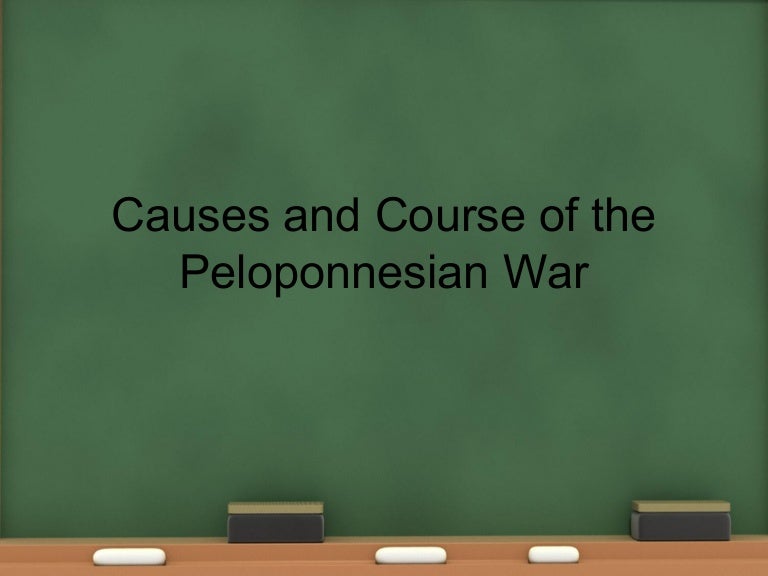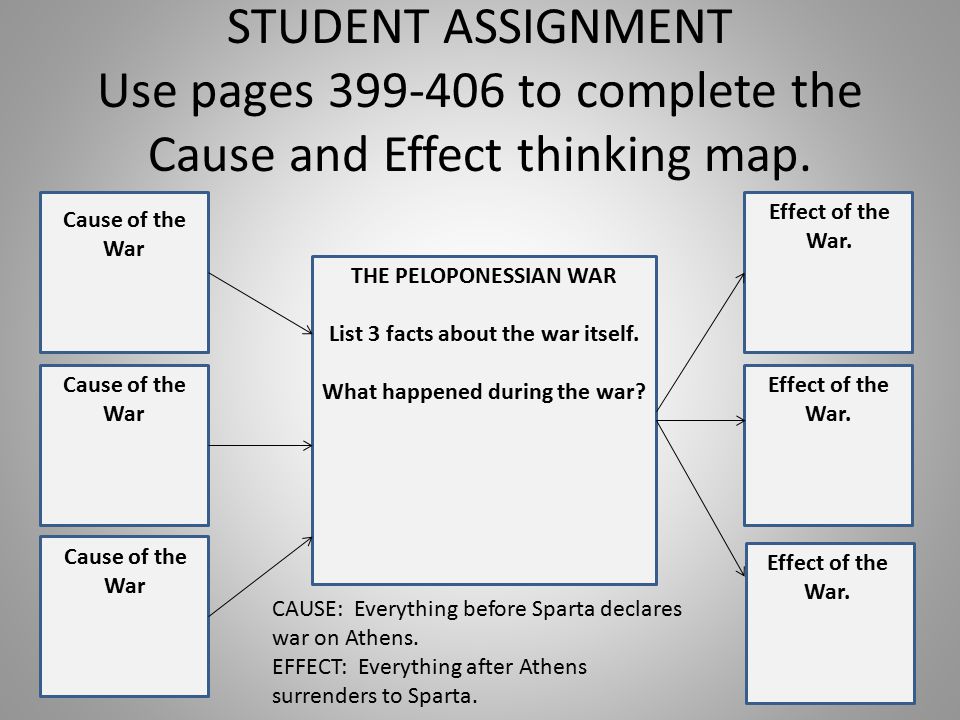


Thucydides’ clarity about power relations and human behavior in times of conflict gives his readers all the tools they need to see larger patterns at work that they may identify with events in their own times. Thucydides’ compelling vision of the Peloponnesian War, with its meticulously delineated causes, combatants, and alliances, make it easy to find parallels later in history, right up to the present day. This brings me to my first point about appropriately using Thucydides’ history: Be careful about the analogies you see. Meanwhile, Athens (much like the Soviet Union) controlled its “allies” by force or intimidation, causing a great deal of anxiety in the opposing coalition.īut regardless, this attractive bipolar comparison stoked fears that the “unavoidable” war Thucydides described in his time would mean World War III for all of us. But this analogizing got things backwards in strategic terms: Sparta (much like the United States) led an alliance of relatively free, vulnerable allied states who looked to it for protection against a repressive imperial power. America was often cast in the role of Athens because both were democracies, while militarized, oligarchic Sparta was played by the Soviet Union.

To take a prominent example, during the Cold War much used to be made of the bipolar world of Thucydides. The cognoscenti have long known of the utility of his history. This moment is not, of course, the first time modern policy experts have turned to Thucydides for his insights. McMaster have long taken seriously the ideas of the ancient writer, even if some think he misunderstands what Thucydides is really saying.Īnd now even Wonder Woman has Thucydides’ name on her lips: In the recent blockbuster superhero movie, the title character and a villain refer to the historian in a dramatic scene (incorrectly, as it turns out, since a quotation is erroneously attributed to him.)Īll this attention, both serious and silly, raises the question: What can we truly learn from Thucydides, a writer who lived over two millennia ago, about power relations today? Quite a bit, in my view, but not necessarily in the way people like to. But senior administration officials like National Security Advisor H. The Trump White House is reportedly obsessed with Thucydides, thanks in good measure to Allison. Allison offers only a slightly more optimistic take (“War is more likely than not”) in analyzing China’s growing challenge to America’s dominating position globally. The great historian merits this because his analysis of the causes of the ancient war between the Athenians and the Spartans provides the essential dilemma of Allison’s book: Can states avoid catastrophic war when a rising power begins to challenge a dominant state’s control? Thucydides’ pessimistic answer seems to be “No”: War was inevitable, we are told, when emergent power Athens contested Sparta’s supremacy 2,500 years ago. The ancient Greek historian of the Peloponnesian War, who lived almost 2,500 years ago, makes the title of Graham Allison’s prominent new volume, Destined for War: Can America and China Escape Thucydides’s Trap?


 0 kommentar(er)
0 kommentar(er)
